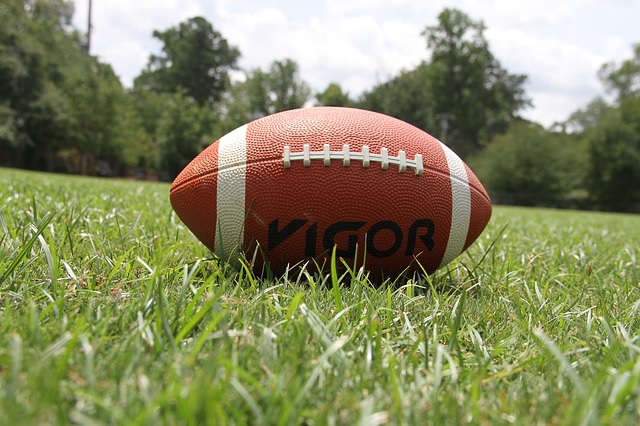
By Nick Frost, Staff Writer
The National Collegiate Athletics Association (NCAA) could have been in for a major destabilization of its amateur system — and it was not because of the landmark 2015 Ninth Circuit decision O’Bannon v. NCAA.[1] (The U.S. Supreme Court declined[2] to pick up petitions from the heavily discussed case before the turn of the new year.) Rather, owe that to the NCAA Grant-In Aid Antitrust Litigation, a consolidated antitrust class action.[3]
The class action’s name is in reference to the term for the scholarship and aid packages players currently receive. If the plaintiffs won this case in court, it could have opened the door for colleges to compensate student-athletes beyond the cost of attendance. This could have created a bidding war between schools for top recruits, which, for the NCAA, is comparable to opening Pandora’s Box: It would have harmed smaller colleges from competing on a similar playing field as schools with larger athletics budgets.[4]
In March 2014, Shawne Alston,[5] a former running back for the West Virginia Mountaineers, sued the NCAA and five top college football conferences: the Pac-12 Conference, Big Ten Conference Inc., the Big 12 Conference Inc., Southeastern Conference, Atlantic Coast Conference.[6] He claimed they conspired to keep scholarship values below the actual cost of attendance.
Alston’s case was eventually combined with similar antitrust actions against the NCAA, along with 11 athletic conferences — among them those such as the Pac-12, the Atlantic Coast Conference, and Conference USA. To continue their class action, former NCAA athletes were required to distinguish their case from O’Bannon v. NCAA, and they successfully did so before the end of 2016.[7]
On March 21, 2017, the student-athletes, NCAA, and 11 athletic conferences had a settlement of nearly $209 million. It was given a preliminary stamp of approval by U.S. District Judge Claudia Wilken.[8] The settlement was originally proposed in February but needed the addition of two stipulations agreed upon in March.
The first stipulation was that the deal would not release claims from lawsuits over player likenesses and other compensation, including those of ex-University of Southern California linebacker Lamar Dawson and the long-running Ed O’Bannon case pending since 2009. The second stipulation eliminated some qualifiers on how much aid a student had to receive before fitting into the class definition, according to case filings.[9]
According to the filings, the settlement covers Division I athletes who played men’s or women’s basketball or bowl subdivision football. They must have received full athletics grant-in-aid between March 5, 2010, and March 21, 2017.
The NCAA agreed to the settlement because the terms were consistent with financial aid rules that allow student-athletes to receive aid up to the full cost of obtaining a college education. But the NCAA also added that the association would vigorously continue to oppose the remaining portion of the lawsuit seeking pay for games played by student-athletes.
With this settlement completed, it is still unclear how this case will alter the future of the NCAA and how it compensates its student-athletes. What is clear is the NCAA has changed drastically from its more conservative stances just a few years ago.
Sources
[1] https://www.ca9.uscourts.gov/content/view.php?pk_id=0000000757
[2] http://www.usatoday.com/story/sports/college/2016/10/03/supreme-court-ed-obannon-ncaa-antitrust-case/91462090/
[3] http://www.al.com/sports/index.ssf/2014/03/lawsuit_challenges_ncaa_rules.html
[4] http://time.com/money/4241077/why-we-shouldnt-pay-college-athletes/
[5] http://247sports.com/player/shawne-alston-18888
[6] https://www.law360.com/articles/515683
[7] https://www.hbsslaw.com/cases/ncaa—scholarships-class-action/pressrelease/ncaa-scholarships-class-action-judge-grants-class-certification-in-ncaa-scholarships-class-action-lawsuit
[8] https://www.law360.com/articles/904741/ncaa-s-209m-antitrust-deal-gets-ok-after-fixes
[9] https://www.law360.com/articles/904741/ncaa-s-209m-antitrust-deal-gets-ok-after-fixes